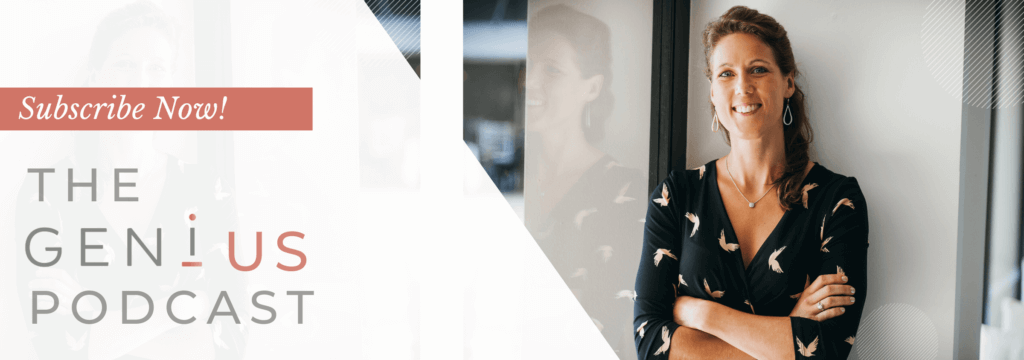Swap the Buzz for Zzzzs: How to Cut Down on Caffeine
In my previous article, I wrote about the real effects of caffeine on you and your brain. Here, I want to look at how you can turn that knowledge into action: here’s how to cut down on caffeine.
In a culture that seems to worship coffee, it’s difficult to remember that it might not actually be very good for you. With all the enthusiasm for the so-called ‘black medicine’ – and its presence in meetings, during breaks, even there whilst you work – the symptoms of caffeine consumption are assumed to be a natural part of life.
Why can’t I get to sleep? Why am I always so jittery? What are these headaches all about? And why am I so irritable when I get home in the evening? These might not even be questions you’ve asked yourself before. However, if you have – or if you relate to them now – it’s time to take some action. You need to think about how to cut down on caffeine.
Because I’m betting all of these symptoms are due to your caffeine consumption.
5 Tips on How to Cut Down on Caffeine
Cutting down on caffeine starts with knowing when you’ve had too much. This is not easy. However, there is a certain relief to knowing that you aren’t just a moody pain in the butt – but that you’ve actually just had too much coffee.
Liberating yourself from its clutches can be a wonderful feeling – both for you and for others around you. So, let’s see what you can do to become a bit more conscious – and reduce your consumption.
Know How Much You’re Having
Science tells us that 400mg of coffee a day is usually fine for most people. An espresso, say, usually has 80mg, whilst a filter coffee has more like 100mg. By this calculation, five espressos should be okay – or four cups of filter coffee.
However, the trouble is that not everyone is most people. Some of us will be able to handle less, and some of us might be better off not drinking coffee at all. You don’t need to drink coffee at all hours just because others do. Excessive caffeine consumption is unfortunately like sleep deprivation in business. People feel it’s right on and a sign of how busy they are.
Watch Your Mood
A client of mine once told me how she would go home every day after work in the foulest of moods because she was having caffeine withdrawals. This didn’t make for a very pleasant early evening.
However, it didn’t occur to her for a good while that it was caffeine that was to blame. Like her, many of us don’t really just how badly coffee can effect our moods. So, if you are jittery, anxious, irritable, or distracted, the chances are that caffeine is the problem.
Sleep
The effects of caffeine feel so nice particularly when you are sleep deprived. In this case, caffeine brings you back to normal. When you have had enough sleep, too much caffeine can push you over the edge.
One of the best ways to stop feeling like you need caffeine is to get a good night’s sleep. One of the benefits of sleep is that it clears your adenosine levels – meaning you just don’t feel so groggy.
Cutting down on caffeine starts with cutting it out in the late afternoons and evenings. Get to sleep early instead.
Change Your Evening Routine
You don’t need to check your emails at ten pm. Honestly. You don’t need to be going over your accounts or your web copy after dinner. If you’re drinking caffeine to help you do this, your body has probably already been trying to tell you that it doesn’t want to be doing it.
Change your daily routine so that you don’t have to run your body down to empty. Instead, do everything in your power to give yourself a good night’s sleep. And that means turning off all those screens.
Swap Caffeine for Something Else
When you have too much coffee, you ain’t really concentrating – admit it. You’re twitchy, distracted, almost paranoid. Which is fairly counterproductive.
Replacing your habit for caffeine with something else is the best idea to cut it down. Don’t have yet another coffee, have a glass of water instead. Or an apple: these are proven to be great for your alertness and concentration.





